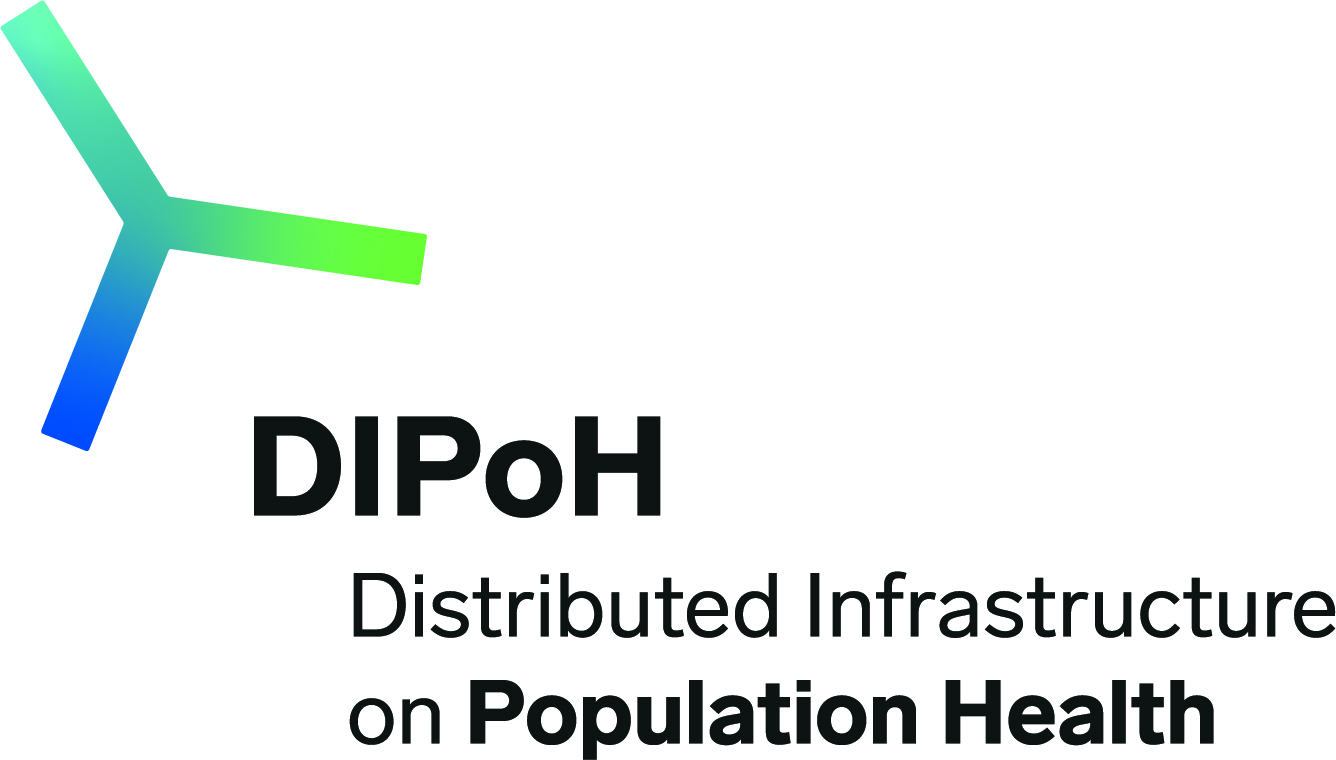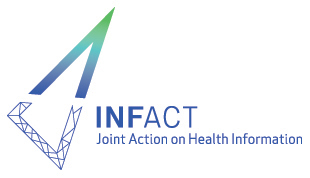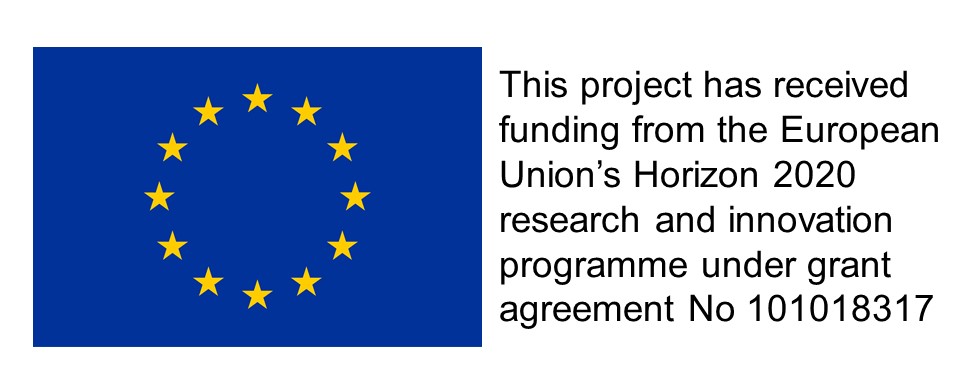
What is ECHI?
The European Core (formerly: Community) Health Indicators (ECHI) initiative started in 1998 as a project responding to the European Commission (EC)’s call to establish a shortlist of public health indicators which would serve as the core of a European public health monitoring system. The first version of the ECHI shortlist was approved by the EC and the EU Member States (MS) in 2005. In 2008, the EC and the EU MS began putting the indicators into practice.
The current shortlist contains 88 indicators grouped into five main chapters and mapped to 17 (non-exclusive) policy areas. Currently, 67 have been put into practice (implemented).
The ECHI work has been coordinated through a series of five EC funded projects: ECHI-I, ECHI-II, ECHIM, JA ECHIM. The BRIDGE Health project (2015-2018) and the Joint Action on Health Information (2018-2021) have suggested improvements to the ECHI.
The ECHI Indicators derive their data from a variety of sources, including the EU's statistical office (Eurostat), the World Health Organisation’s European ‘Health for all’ database (HFA-DB), the Health Statistics database of the Organisation for Economic Co-operation and Development (OECD) and several topic-specific databases.
ECHI DOCUMENTATION
Original ECHI reports
- ECHI-I 1998-2001: Design for a set of European Community Health Indicators, ECHI working group, 2002 (pdf)
- ECHI-II 2002-2005: Public Health indicators for the European Union: Context, selection, definition, Kramers, 2005 (pdf)
- ECHIM 2005-2008: European Health Indicators: Development and initial implementation, Kilpeläinen, 2008 (pdf)
- ECHI: A sustained future for ECHI, 2011 (pdf)
- JA-ECHIM 2009-2012: Implementation of European Health Indicators- first years Part I, Tuomi-Nikula, 2012 (pdf)
- JA-ECHIM 2009-2012: Indicator development and documentation Part II, Verschuuren, 2012 (pdf)
- JA-ECHIM 2009-2012: Pilot Data Collection, Analyses and Dissemination Part III, Thelen, 2012 (pdf)
ECHI related reports
- EUPHIX: Final report EUPHIX, 2008
- ECHI: Evaluation of the use and impact of the European Community Health Indicators ECHI by Member States, 2013 (pdf)
- BRIDGE Health: 2015-2017 Part I: Update of ECHI Indicators (RKI) Part I, 2017 (pdf)
- BRIDGE Health: ECHI Content evaluation and update on ECHI information repository (RIVM) Part II, 2017 (pdf)
- InfAct: Working towards a sustainable ECHI shortlist, 2021 (pdf)
ECHI data tool
The European Commission Directorate of Health and Food Safety DG SANTE established a graphic tool and an interactive application to present relevant and comparable information on health at European level, the ECHI data tool.
ECHI uptake in national health databases
- Austria: website ECHI
- Germany: website including ECHI
- Netherlands: ECHI indicators
- Portugal: database including ECHI
- Spain: website ECHI
ECHI used for benchmarking
- Dare to compare (pdf; The Netherlands, 2008)
- La Santé en France et en Europe: convergence et contrastes (pdf; France, 2012)
- Health at a glance: Europe (part of the 'State of Health in the EU cycle')
- Individual country health profiles for each Member State (part of the 'State of Health in the EU cycle')
- Europäische Gesundheitsindikatoren (ECHI): Datenverfügbarkeit auf regionaler Ebene am Beispiel von Nordrhein-Westfalen (Germany, 2016)
- Health-related behaviour in Europe – A comparison of selected indicators for Germany and the European Union (Germany, 2017)
- Overview of indicators in the context of environment and health (Germany, English abstract, 2018)
- How is Germany doing in Europe? Results from the European Health Interview Survey (EHIS) 2 (Germany, 2019)
ECHI in EU official documentation
- Decision No 1400/97/EC called for a programme of Community action on health monitoring, which aimed for the establishment of a Community health monitoring system
- Regulation No 1338/2008 established a framework for Community statistics on public health and health and safety at work, which requires MS to produce statistical "data for structural indicators, sustainable development indicators and European Community Health Indicators (ECHI), as well as for the other sets of indicators which it is necessary to develop for the purpose of monitoring Community actions in the fields of public health and health and safety at work"





